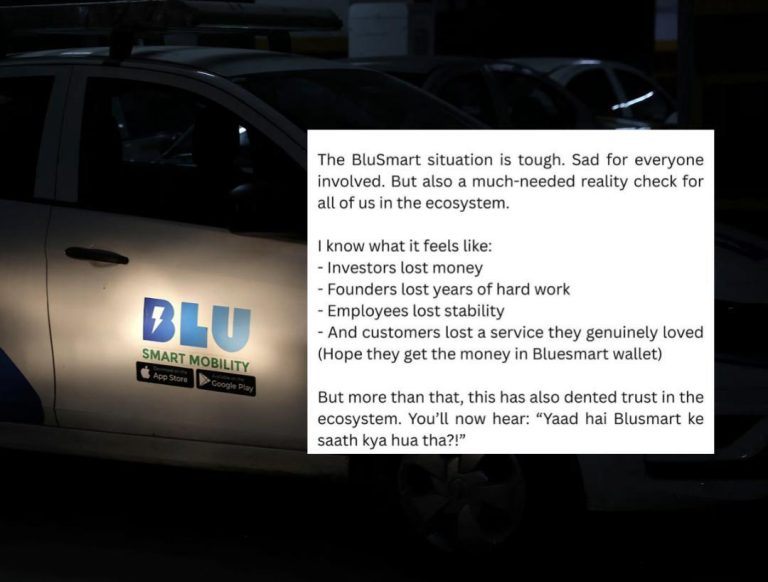
US Student Visa Crisis: SEVIS Rules & Legal Tips Explained
As millions of Indian students have been realizing their American dream by pursuing higher education in the United States, a recent development has left many in a state of uncertainty. The US Department of Homeland Security (DHS) has enforced a deadline under the Alien Registration Act, which requires all foreign nationals staying over 30 days in the country to register their presence. This move has led to the revocation of student visas and termination of SEVIS (Student and Exchange Visitor Information System) records, leaving students struggling to maintain their valid immigration status.
In this blog post, we will delve into the SEVIS rules, explain the legal implications, and provide valuable tips to help Indian students in the US navigate this crisis.
What is SEVIS?
SEVIS is an online system maintained by the US Department of State’s National Visa Center, which tracks the arrival and departure of international students in the US. The system provides a unique identifier for each student, called the SEVIS ID, which is used to verify their immigration status. SEVIS also helps to ensure that students are enrolled in a recognized educational institution and are making progress towards completing their program.
What are the SEVIS rules?
The SEVIS rules require all foreign nationals, including students, to register their presence in the US if they are staying over 30 days. This registration process involves updating their address, phone number, and other personal details in the SEVIS database. Failure to comply with these rules can result in serious consequences, including:
- Termination of SEVIS records
- Revocation of student visas
- Deportation
Why are student visas being revoked?
There are several reasons why student visas are being revoked, including:
- Failure to maintain valid immigration status
- Non-compliance with SEVIS rules
- Change in program or institution
- Lack of sufficient funds to support oneself
What are the legal implications?
The legal implications of non-compliance with SEVIS rules are severe and can lead to serious consequences, including:
- Deportation
- Barred from re-entering the US
- Loss of F-1 visa benefits
- Inability to transfer to another institution
Legal tips for Indian students in the US
To avoid visa issues and maintain valid immigration status, Indian students in the US must follow these legal tips:
- Register with SEVIS: Update your address, phone number, and other personal details in the SEVIS database.
- Maintain valid immigration status: Ensure that your student visa is valid and that you are not exceeding the allowed period of stay.
- Comply with SEVIS rules: Failure to comply with SEVIS rules can result in serious consequences, including revocation of student visas and deportation.
- Keep records: Maintain accurate records of your immigration status, including your SEVIS ID, student visa, and I-20 form.
- Consult with legal experts: If you are facing immigration issues, consult with a qualified immigration attorney to ensure that you are taking the correct legal steps.
- Plan for future: Plan your academic and professional goals, including any necessary changes in program or institution, to ensure that you are maintaining valid immigration status.
Conclusion
The US student visa crisis has left many Indian students in a state of uncertainty, but with the right knowledge and legal guidance, students can navigate this crisis and maintain their valid immigration status. By understanding SEVIS rules and complying with them, students can avoid visa issues and achieve their academic and professional goals in the US.
News Source:






